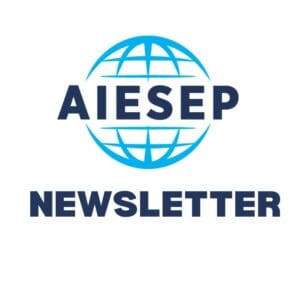At the end of November, the World Health Organization posted its news guidelines on physical activity. The new guidelines underline also the importance of sedentary behaviour in the promotion of a healthy lifestyle. These guidelines will play a determining role for all those who work in the field of physical education, physical activity and sport. AIESEP is proud to contribute to their dissemination. In fact, knowing these recommendations and understanding their impact consist to the first steps of the acquisition of appropriate habits. Each physical educator who wants to play a concrete role in the modification of her/his pupils, athletes, or clients’ lifestyle will definitely be eager to update the previous resources. It is necessary to remain credible professionals and provide appropriate information. The guidelines could be fruitfully analysed in PE lessons as well as in PETE programmes.
They are available on Arabic, Chinese, English, French, Russian, and Spanish. To find them, the easiest way is to click on the following link : https://www.who.int/publications/i/item/9789240014886
The 2020 edition of the guidelines focuses of course on children and adolescents (aged 5–17 years), adults (aged 18–64 years), and older adults (aged 65 years and older). In addition, it aims at a larger part of the population in the sense that several subgroups of people with particular characteristics are now also taken into account: pregnant and postpartum women, adults and older adults with chronic conditions, children and adolescents living with disability, adults living with disability.
The fundamental principles presented in 2010 for physical activity do not change dramatically. However, one aspect to be underlined is the principle of ‘Every move counts’ justifying that the reference to the minimum duration of 10 minutes disappeared. It will contribute to motivate people to accumulate all forms of physical activity. Another aspect concerns the identification of the recommended ‘dose’ of physical activity that, in adults, falls now within a range rather than a fixed duration. It will certainly help the public to understand that it is not appropriate to settle for a minimum value.
Professionals working in the field of health promotion will note and applause the emergence of recommendations specific to sedentary behaviour, underlining the importance that physical inactivity has assumed in recent years in the analysis of lifestyle and its impact on health. Researchers in Sport pedagogy will need to determine how these new guidelines will impact their projects.



